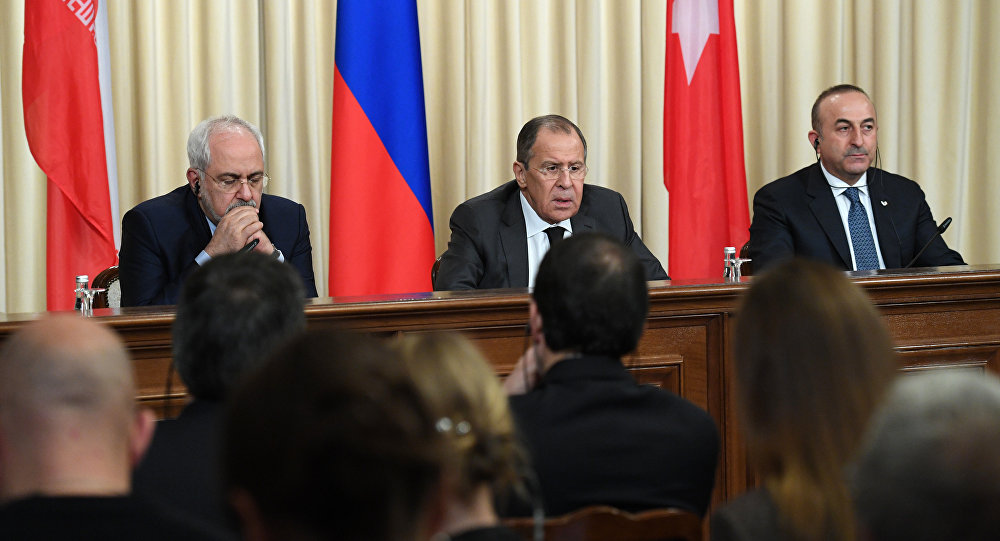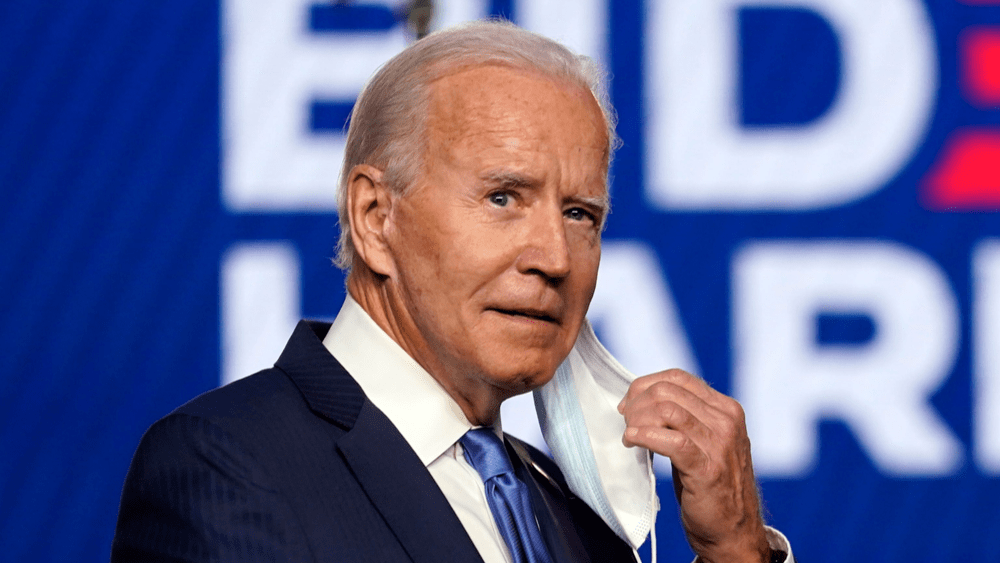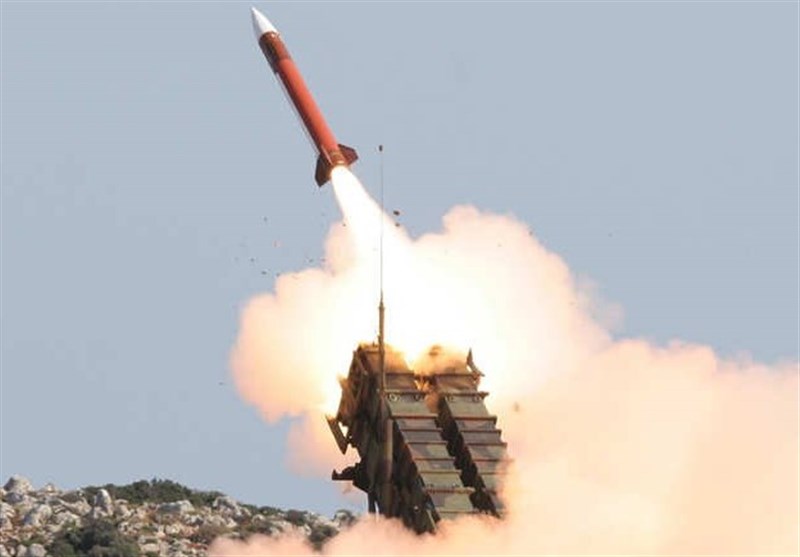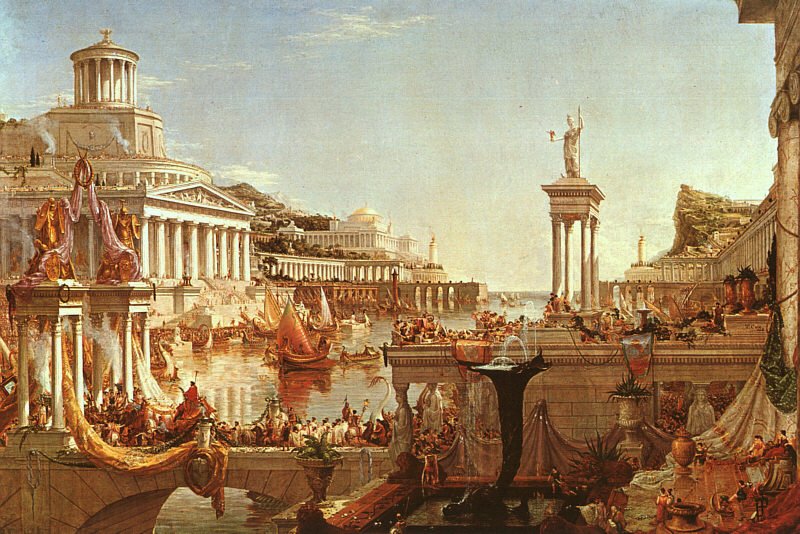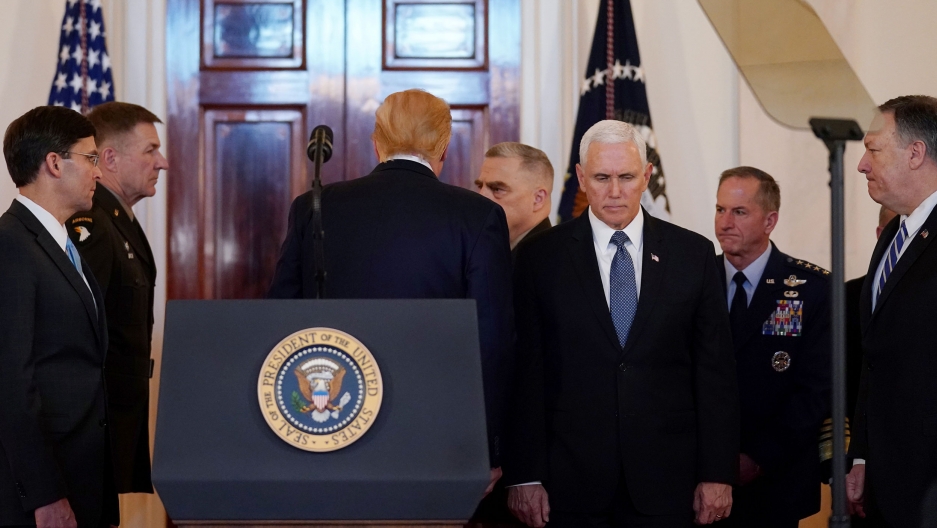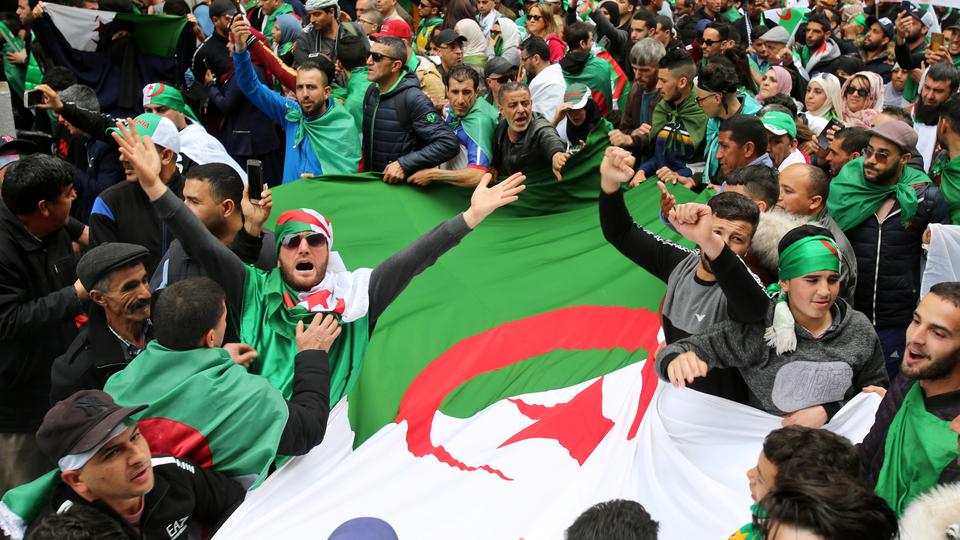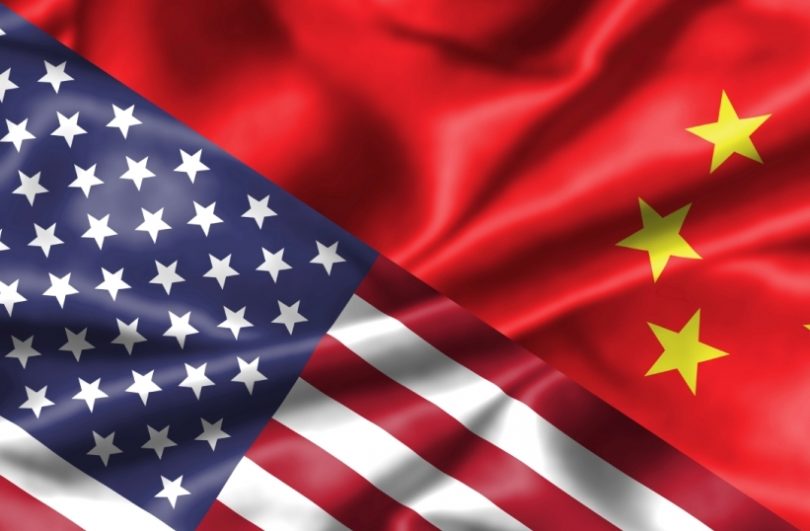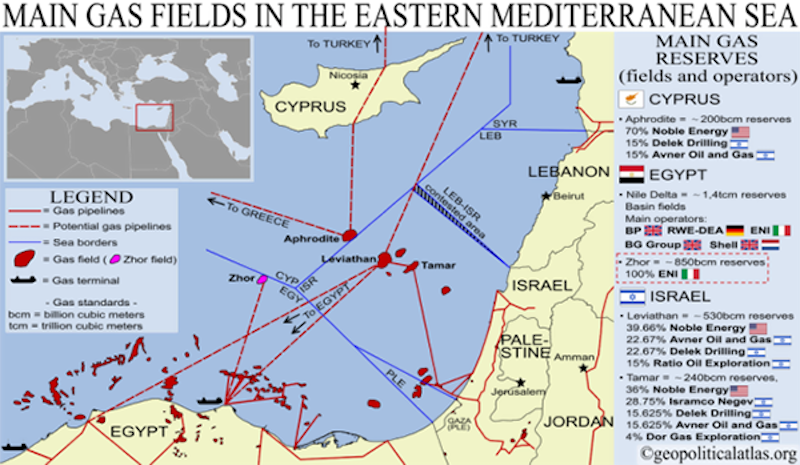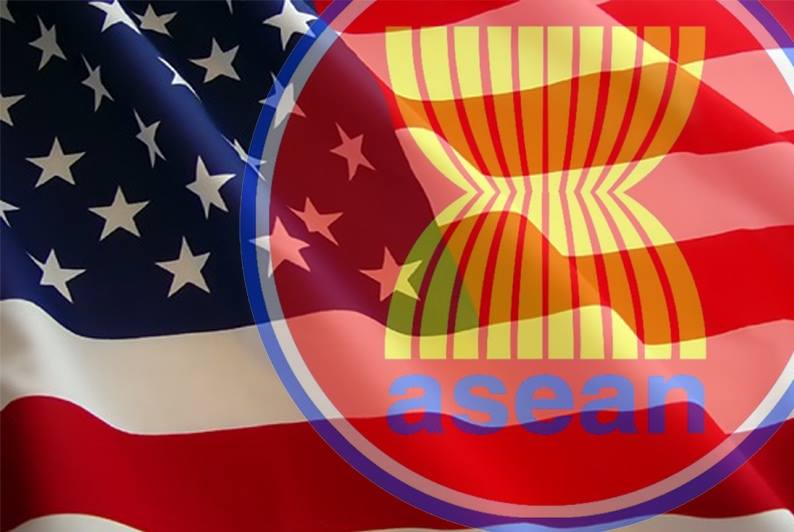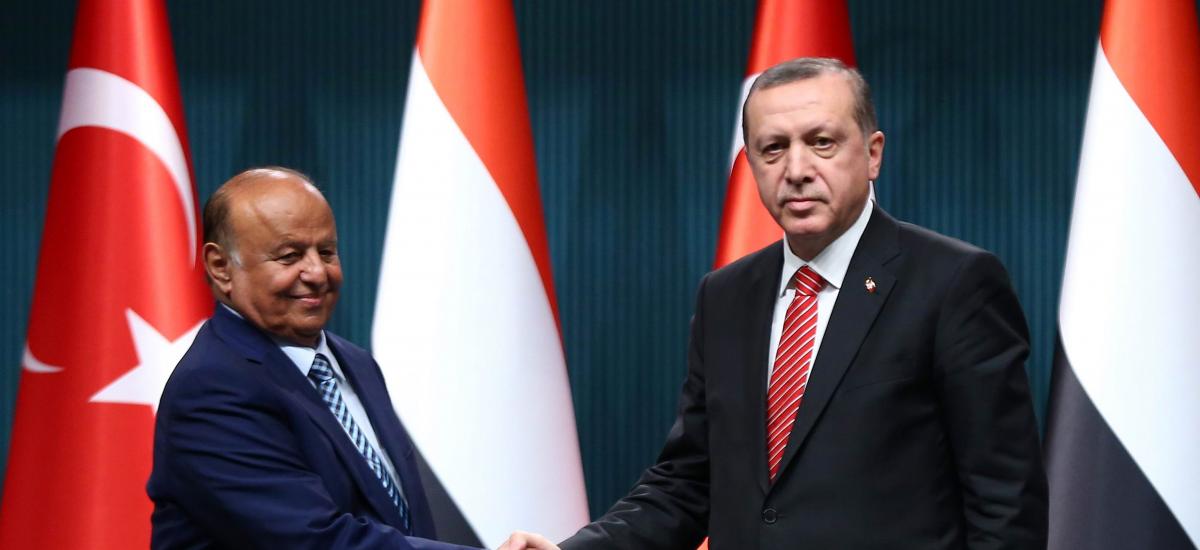The interests of Russia, Turkey and Iran in Karabakh crisis
PEJOURNAL - The fire of the Karabakh conflict between Azerbaijan and Armenia flared up again in the autumn of 2020. This time, Turkey has more openly supported Azerbaijan than ever before, and this has led to a more serious stance by Russia and Iran. Due to its geopolitical importance in the Caucasus region, Karabakh Conflict-Strategic Thought Institute has facilitated the presence and influence of regional and trans-regional actors. Under the pretext of the opposition of some Armenians to the Karabakh region to belong to Azerbaijan (Karabakh), the region was occupied by Armenia after the collapse of the Soviet Union. The…
